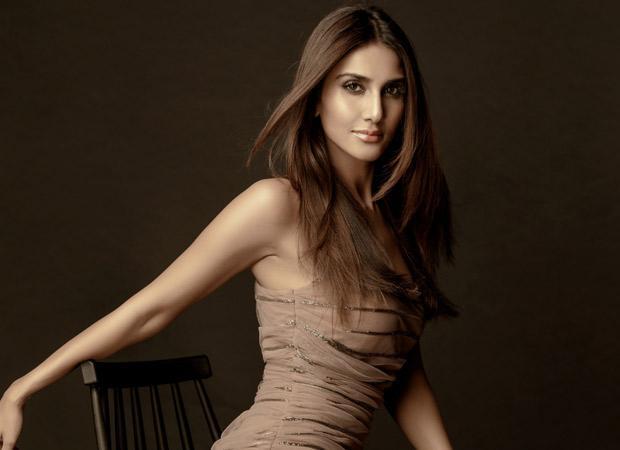
Title: Don’t get volatile behavior: Vaani on censorship & cancel culture
The latest controversy surrounding the ban of ‘Abir Gulaal’ release in India has sparked a heated debate on censorship and cancel culture. Amidst the chaos, actress Vaani Kapoor has spoken out about the restrictions these phenomena impose on artists’ freedom to explore new ideas. In a recent interview, she expressed her concerns about the volatility of cancel culture and the impact it has on the creative process.
Vaani’s comments come at a time when the hashtag #BoycottAbirGulaal has been trending on social media, with many calling for the film’s ban due to its perceived controversial themes. This phenomenon is not new, as we’ve seen numerous instances of films and artists being boycotted or banned for perceived transgressions. However, Vaani’s words offer a unique perspective on the issue, highlighting the need for a more nuanced approach to censorship and cancel culture.
“I don’t get this volatile behavior,” Vaani said in the interview. “This cancel culture, say one thing wrong, there are calls for cancel and boycott. I don’t understand why we can’t have a conversation.” Her words are a powerful indictment of the way cancel culture often seeks to silence artists rather than engage with their work. By acknowledging the complexity of creative expression, Vaani is highlighting the importance of constructive dialogue and criticism.
The actress went on to express her reservations about censorship, stating that it sets boundaries for artists and stifles their ability to explore new ideas. “I’m not into censorship,” she said. “I think it’s okay to push boundaries, to take risks, and to explore new themes.” This sentiment is echoed by many artists who believe that censorship can lead to a lack of innovation and creativity in their work.
The impact of censorship and cancel culture on artists cannot be overstated. By restricting what can be said or shown, these phenomena can lead to a homogenization of artistic expression, which can be detrimental to the creative process. When artists are forced to conform to certain standards or avoid certain topics, they are limited in their ability to explore new ideas and push boundaries.
Moreover, the volatility of cancel culture can be particularly damaging to artists who are already vulnerable or marginalized. The constant threat of being targeted or boycotted can lead to self-censorship, where artists feel pressured to conform to certain norms or avoid certain topics in order to avoid backlash. This can have a chilling effect on artistic expression, stifling the very creativity and innovation that our society needs.
Vaani’s words also highlight the need for a more nuanced approach to dealing with controversial topics. Rather than seeking to ban or boycott artists who push boundaries, we should be engaging in constructive dialogue and criticism. By acknowledging the complexity of creative expression, we can create a more open and inclusive society that values artistic freedom.
In conclusion, Vaani’s comments offer a timely warning about the dangers of censorship and cancel culture. By restricting artists’ freedom to explore new ideas, these phenomena can lead to a lack of innovation and creativity in our society. As we navigate the complex issues surrounding artistic expression, it is essential that we prioritize constructive dialogue and criticism over volatility and censorship.
As Vaani so eloquently put it, “I don’t get this volatile behavior.” It’s time for us to join her in rejecting this volatile behavior and embracing a more nuanced approach to censorship and cancel culture.






